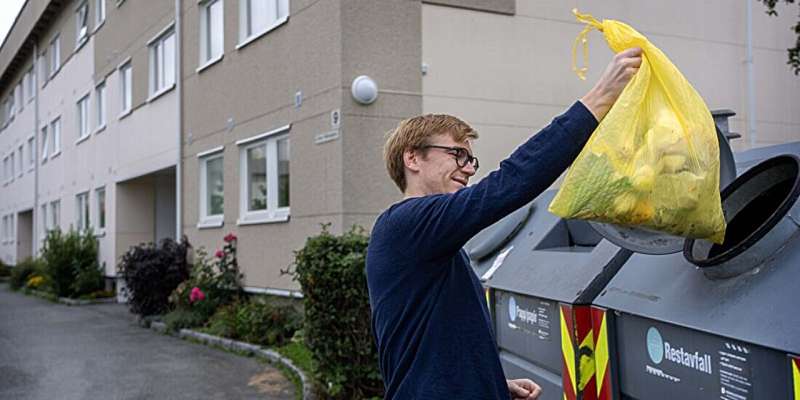Researchers uncover alarming gaps in Norway’s waste management policies, revealing a disconnect between lofty goals and reality. Delving into the complexities of waste processing, this article explores the challenges of transitioning to a truly circular economy, where recycling rates fall short and incineration remains the dominant solution. With insightful analysis and actionable recommendations, this piece sheds light on the need for greater transparency and innovative approaches to address Norway’s waste woes. Circular economy, Recycling

Incineration Economy: A Circular Mirage
Norway’s waste policy appears to be falling short of its ambitious goals, as researchers uncover a stark reality beneath the surface. Despite aiming to transition to a circular economy that reduces environmental impact, the nation is instead witnessing a steady increase in waste incineration, a practice that contradicts the very foundations of a sustainable waste management system.
The NTNU researchers’ analysis reveals that a staggering 65% of all collected and processed waste in Norway is now being incinerated, a significant rise from the 49% recorded in 2009. This trend suggests that the country is still heavily reliant on waste incineration, rather than actively pursuing more environmentally friendly recycling and recovery methods.
Unreliable Data and Lack of Transparency
The study uncovers major gaps in the information being collected by the Norwegian Environment Agency and Statistics Norway, the primary authorities responsible for monitoring the country’s waste management performance. In some years, Norwegians have actually recycled 40% less than what the official statistics have reported, painting a misleadingly positive picture.
The researchers attribute this discrepancy to inadequate data, imprecise measurement methods, and a lack of transparency from the recycling companies. This undermines the knowledge base upon which Norway’s waste policy is founded, leading to the implementation of plans that fail to address the true scale of the problem.
Tackling the Circular Economy Transition: Strategies and Solutions
To move Norway closer to its circular economy goals, the NTNU researchers have proposed a range of measures, including 18 more precise methods of measurement to help the authorities manage waste streams more efficiently. They emphasize the need for stricter requirements on manufacturers to ensure that their products can be easily sorted and recycled, as well as increased transparency in the waste processing supply chain.
Additionally, the researchers suggest that the focus should shift to prioritizing waste prevention over end-of-life solutions. By encouraging reduced consumption and improved sorting at the source, Norway can make significant strides towards a truly sustainable waste management system. The researchers believe that these comprehensive changes, coupled with a renewed commitment to data accuracy and transparency, can help Norway overcome the shortcomings of its current waste policy and realize its circular economy aspirations.
